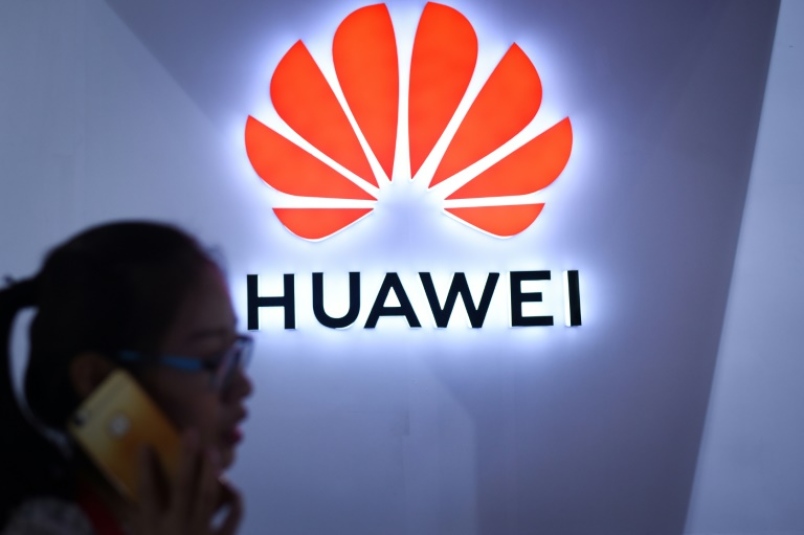The US holds sway, as Google restricts Huawei’s access to Android
Even before Google announced, last week, the restriction of Huawei, the Chinese company, from access to the Android operating system (OS) upon which all Huawei phones are based; and before Intel, Qualcomm, and ARM – the chip companies – halted all business with Huawei, a friend of mine said something to the effect that China […]

Even before Google announced, last week, the restriction of Huawei, the Chinese company, from access to the Android operating system (OS) upon which all Huawei phones are based; and before Intel, Qualcomm, and ARM – the chip companies – halted all business with Huawei, a friend of mine said something to the effect that China and Huawei should really be more humble about the “achievements” they have made so far in matters of high tech. My friend is referring to the fact that most tech innovations in recent times have come from the US and the fact that Huawei and other Chinese companies have tapped into the generosity of the US in making its technologies available, in most cases, free-of-charge. My friend also alluded to the often reported massive stealing of US technologies and intellectual properties (IP) by Chinese companies, and suggested that the US could, in a few seconds, return China to the dark ages. By that my friend means that the Internet, the backbone of Information and Communications Technology (ICT), was after all developed by the US, and the US could therefore easily disconnect China from the web, if push comes to shove.
While I am not so sure about disconnecting China from the Internet, the events of the past week clearly identify the country that holds sway in technology matters. If the US does not rescind the decisions it made last week, I think we’ll be seeing the beginning of the end for Huawei, at least as far as phone-manufacturing and ICT are concerned, and perhaps similarly for other Chinese high-tech companies. President Trump of the US made a statement last week to the effect that the US made China, in terms of technological advancement, and that it is high time China started paying for that. A large proportion of people worldwide seem to believe this statement to be true.
It was exactly a week ago today that Google announced it would block Huawei’s future access to Android updates. This means that people using Huawei phones would not be able to access Google Maps, YouTube, Chrome browser, Google Docs, Gmail, and Google Search; as well as the zillions of third-party apps in Google Store.
The ripple effect of the ban was immediate. Barely two days after the ban was announced, many carriers, such as EE and Vodafone in Britain, announced they would not offer Huawei phones to customers who wanted access to their new 5G services. Two of Japan’s largest mobile phone carriers would also halt any deployments on devices from Huawei. This is on top of the numerous countries that have already blacklisted Huawei in matters of 5G deployment.
Incidentally, European customers, who reportedly bought 42 million smartphones from Huawei last year and accounted for approximately 28% of the company’s revenue; as well as developing countries like Brazil, India, and Nigeria, to name a few; will be affected the most. Ironically, the two countries at the centre of the trade war, US and China, will not be significantly affected directly by the Huawei’s Android ban. For China, the citizens are already deprived as they don’t have access to the Google products anyway, while Americans don’t buy Huawei phones. The vulnerability of Europe in the current US-China trade war is obviously a manifestation of the continent’s fading influence in high technology.
One cannot but feel sorry for Huawei. Though the company started with cheap, low-quality, no-frills phones, it has become quite aggressive in developing high quality phones in recent years, even giving Samsung and Apple a run for their money. This has also generally led to improved products in the marketplace as competition stiffened. In this manner, consumers will lose, while Samsung stands to gain. Huawei represents a purveyor of relatively low-cost good-quality smartphones; the magic that got Europeans and developing countries hooked.
Can Huawei develop its own OS from scratch? This will take decades, and will be too little, too late when it eventually launches. Can Huawei start from the Android Open Source Platform (AOSP) that everyone can get for free? Yes; the company has been developing this as an alternative to Google’s full-fledged Android in a project dubbed Plan B. However, it is extremely difficult to compete with Google on OS. Bada – later called Tizen (Samsung), BlackBerry OS (RIM), MeeGo (Nokia, Intel, Linux Foundation), Palm OS (Palm, Inc.), Symbian (Nokia), and Windows Phone (Microsoft) are a few of the mobile OSs that have attempted to compete with Google’s Android but eventually fizzled out of high-end smartphones.
Unless the US government rescinds its decision, Huawei and China’s high tech future are going to be on a tight rope, independent of any rhetoric to the contrary.
